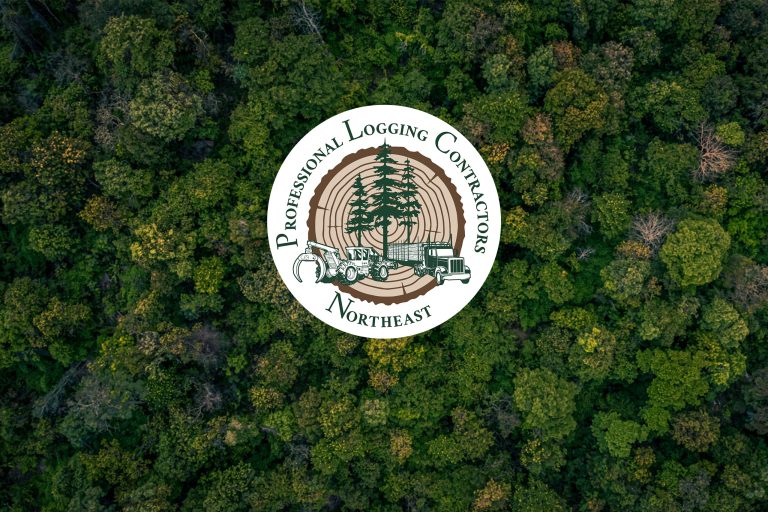‘-Professional Logging Contractors (PLC) of Maine encouraged by Interior Secretary’s stance on timber harvesting and logger access in Katahdin Woods and Waters National Monument
AUGUSTA – The Professional Logging Contractors (PLC) of Maine met today with U.S. Interior Secretary Ryan Zinke on issues related to the Katahdin Woods and Waters National Monument and was encouraged by his receptiveness to concerns Maine loggers have about access, safety, trucking and timber harvesting in and around the monument.
Zinke is visiting Maine as part of the Trump administration’s review of 27 of the national monuments that Presidents Bill Clinton and Barack Obama created by executive orders, citing powers granted by the Antiquities Act. President Donald Trump has asked Zinke to report back to him on what should be done with those monuments and today the Interior Secretary concluded his second day of a fact-finding tour in the state.
PLC Executive Director Dana Doran and PLC President Scott Madden were among forest industry representatives who met with Zinke, and were impressed by receptiveness to their concerns and his statements that traditional uses and timber harvesting should be allowed on the federal land on a consistent basis.
“I was able to thank him for his statement and recognition and offered to help him move this idea forward,” Doran said. “It is very encouraging to our membership that the Interior Secretary has come to Maine with a genuine interest in seeing that their concerns are addressed, and it appears that there is a possibility that this could be the first national monument that is an educational showpiece to the world on sustainable timber harvesting, and there could be no better place for such a showpiece than the state of Maine.”
The PLC opposed the creation of a national monument or park in Maine’s north woods due to negative effects it would have on the logging industry including a chilling effect on future investment in the region’s forest products industry. Safety issues surrounding logging trucks sharing roads with tourists have also emerged as feared since it was established, and limits on access through and around the monument’s borders are expected to hinder logging operations across the region.
Once the monument was established, the PLC continued to work to protect the interests of loggers and the forest products industry in the region. Now, the possibility that the monument will be directed to address those concerns with sensible compromises that can meet the needs of the region’s forest economy is one the PLC applauds.
“It is important this monument do no harm to our industry, either because of public interference in harvesting, creating issues with trucking, or through negative effects on access and investment, and the fact that the Interior Secretary acknowledged those concerns and will work to ensure that no harm is done and that our industry will benefit in the long run is something our members greatly appreciate,” Doran said.
Maine loggers working in the Katahdin Region supply the raw material not only for pulp and paper mills, but biomass electric facilities, sawmills, wood pellet plants, and producers of plywood and fiberboard in Maine and beyond.
The region in which the monument is located has been a working forest for generations. The beauty people see there today is a result of responsible forest management and logging. Far from destroying the forests, loggers are part of this responsible management.
Maine’s loggers are a vital part of the state’s forest products sector, which is worth an estimated $8 billion annually.


